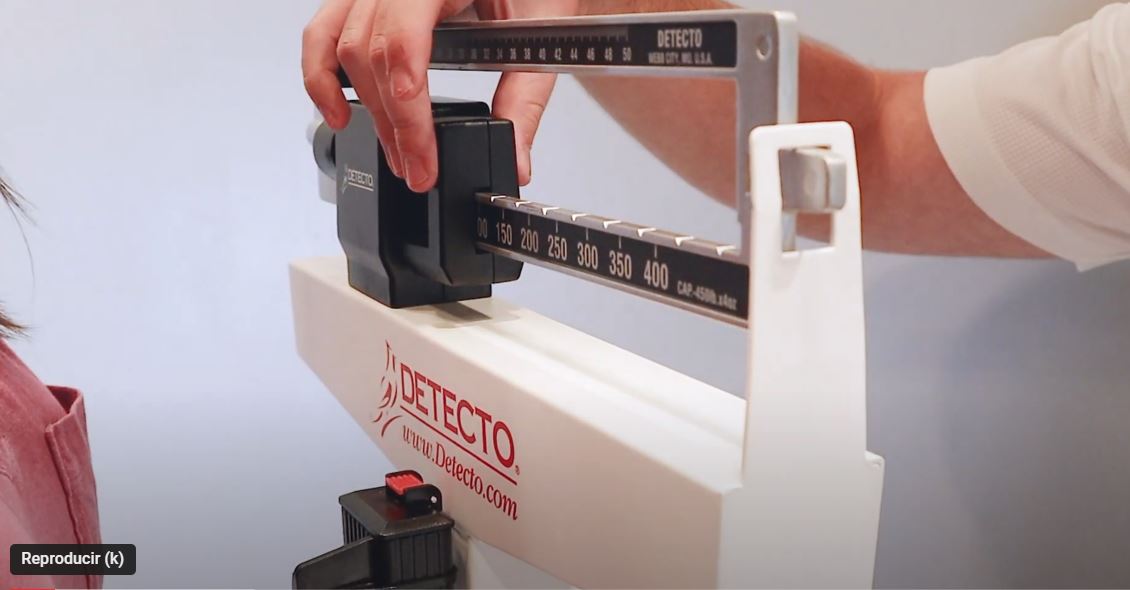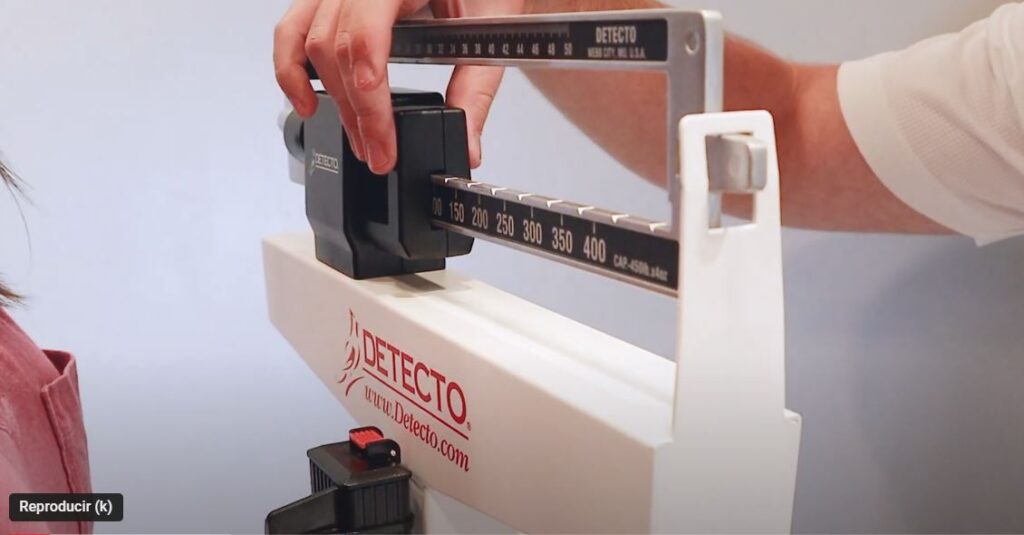Why am i not losing weight after gastric sleeve surgery?
One of the most common concerns among bariatric surgery patients is: “Why am I not losing weight after gastric sleeve surgery?” It’s normal for patients to feel discouraged after the procedure if they don’t fully understand how the surgery works or have unrealistic expectations about the results.
From the very first consultation, an experienced bariatric surgeon will ensure the patient is well informed to make a sound decision about the surgery. These consultations cover topics such as how much weight loss can be expected after a gastric sleeve and provide data on the average monthly weight loss. While significant weight loss is typical after gastric sleeve surgery, results can be disappointing if patients do not follow their surgeon’s post-op instructions or misunderstand the expected timeline.
For those patients who feel they aren’t losing weight after surgery, it’s crucial to discuss their concerns directly with their bariatric surgeon and nutritionist. In rare cases where weight loss does not occur as expected, the surgeon may recommend a revision to a gastric bypass procedure. This surgery involves altering the small intestine to reduce calorie absorption, potentially helping patients achieve their weight loss goals more effectively and sustainably.
Is not losing weight after gastric sleeve surgery real or just a myth?
One of the biggest myths about gastric sleeve surgery is the belief that weight loss will be rapid and dramatic immediately after the procedure. It’s essential to understand that weight loss following a gastric sleeve is a gradual, safe process, unlike the immediate fat loss that can occur with procedures like liposuction.
Gastric sleeve surgery is designed to help the body eliminate excess weight safely and progressively. Therefore, patients should have realistic expectations about the timeline and results of their weight loss journey. While weight loss usually begins shortly after the surgery, some patients may not notice significant changes in the first few weeks. As the body recovers, the patient will start feeling less hungry, and weight loss will accelerate in the following weeks and months as the surgery supports healthier eating habits. The reduced appetite that follows surgery serves as an effective tool to achieve safe, healthy, and sustainable weight loss.
Everything you need to know about weight loss after gastric sleeve surgery
Patients who constantly wonder, “Why am I not losing weight after gastric sleeve?” or feel that the surgery isn’t working should understand that the results of a gastric sleeve are directly related to changes in diet and lifestyle habits. The sleeve gastrectomy is designed to facilitate these healthier habits. During surgery, the bariatric surgeon removes a portion of the stomach to make it smaller, roughly the size of a banana.
By permanently reducing the stomach size, the patient’s appetite naturally decreases, leading to smaller portion sizes and less frequent meals. Additionally, the surgery induces healthy hormonal changes that further curb appetite. Therefore, patients concerned about not losing weight after gastric sleeve should recognize the lasting healthy changes to their bodies and how these changes help them achieve substantial weight loss naturally.
Expected weight loss after gastric sleeve
The expected weight loss after gastric sleeve surgery is typically between 65% and 70% of excess weight within the first year. The average monthly weight loss ranges from 8 to 12 pounds. However, individual results may vary significantly based on personal commitment to a healthy lifestyle and balanced diet.
Timeline of expected weight loss after gastric sleeve surgery
- At 12 weeks: 25% to 30% of excess weight loss.
- At 6 months: 45% to 50% of excess weight loss.
- At 12 months: 65% to 70% of excess weight loss.
- At 18 months: 70% to 80% of excess weight loss.
Long-term weight loss can vary greatly from person to person, depending on their dedication to maintaining a healthy lifestyle. On average, the expected weight loss after five to ten years is about 50% to 60% of excess weight. These are averages, and while it’s essential to maintain realistic expectations, some patients may achieve much more dramatic results than average.
Can you gain weight after gastric sleeve surgery?
Yes, it is possible to gain weight after gastric sleeve surgery under certain conditions. Minor weight fluctuations, temporary weight regain, and plateaus in weight loss are normal and expected during the postoperative process. However, if weight regain becomes progressive and seems irreversible, it’s important to consult with your bariatric surgeon for guidance and support.
Percentage of weight gain after gastric sleeve
The percentage of weight gain after gastric sleeve surgery can vary widely among patients. This depends on the underlying cause and when the weight regain occurs post-surgery. Research indicates that long-term weight gain rates can range from 5.7% two years after surgery to 75.6% six years after.
Why am i gaining weight three weeks after gastric sleeve?
Some patients call their surgeons alarmed after noticing weight gain 3 weeks post-surgery. In most cases, this is not a cause for concern. The patient may have lost several pounds rapidly in the initial weeks, and the body might be temporarily adjusting its metabolism. However, if the weight gain continues, it’s essential to investigate the potential causes.
Possible reasons why gastric sleeve surgery may not be working as expected
You’re not consuming the recommended calories
It might seem counterintuitive, but eating fewer calories than recommended can stall weight loss because the body goes into energy conservation mode, burning muscle mass instead of fat.
You’re eating unbalanced meals
Maintaining a balanced diet is just as important as managing your calorie intake. It’s crucial to consume the right amount of protein, carbohydrates, and fats in each meal.
You’re not tracking your daily intake
Stopping to monitor your diet can lead you to deviate from the recommended plan without realizing it.
You’re grazing or snacking between meals
Snacking or grazing can lead to uncontrolled calorie intake, which makes it harder to lose weight.
You’re not drinking enough water
Staying well hydrated helps control your appetite and avoids the temptation of consuming empty-calorie beverages.
Lack of physical activity
Physical activity complements your diet and helps tone your body, preventing weight loss plateaus.
Underlying medical conditions
Issues like hormonal imbalances, sleep disorders, or medications can interfere with weight loss and should be managed with your medical team.
Remember, these underlying health problems are not your fault, so don’t blame yourself for not losing weight. The goal is to treat these conditions and follow your doctor’s advice. Once these symptoms are managed, your weight loss challenges may also diminish. Don’t overlook the nutritional supplements your surgeon recommends, especially after gastric bypass surgery.
You are experiencing emotional problems
Weight loss surgery can put you on a path to a healthier, obesity free life, but it doesn’t guarantee you won’t face emotional challenges in your personal life. Sometimes your partner, if you have one, may struggle to align with the positive physical, mental, social, and professional changes happening in your life post-surgery, which can lead to emotional distress.
Many people experience emotional challenges after bariatric surgery for various reasons. They may become obsessed with their diet plan, be too hard on themselves to lose weight, search for quick fixes to meet their weight loss goals faster, or get frustrated and start blaming themselves for minor setbacks. These emotional problems can encourage binge eating, lead to a lack of diet discipline, and disrupt your weight loss journey.
Weight loss stall six months after gastric sleeve
In the first few months following your gastric sleeve surgery, you may experience consistent weight loss every month. However, your progress can suddenly plateau around six months. Don’t let this temporary setback dampen your enthusiasm or derail you from your goal to eliminate obesity.
- A false alarm: In many cases, a weight loss plateau six months after surgery is just a temporary pause, possibly due to minor slips in your diet plan or your body taking a brief metabolic break.
- Persistent weight loss plateau: If you notice that the weight loss stall persists, it’s time to take corrective action. Adjust your diet with your nutritionist’s guidance, try new exercises, and make lifestyle changes to break the plateau.
- Consult your surgeon: If, despite your best efforts, the stall doesn’t improve, consult your bariatric surgeon. They may order tests to find the cause and suggest solutions. In rare cases, revision surgery might be necessary.
How to succeed after gastric sleeve surgery
Gastric sleeve surgery is a powerful tool to help you on your weight loss journey, but it’s not a magic fix. Your success depends on your personal commitment and the daily choices you make. If you’re wondering how to get the best results after your surgery, here are some practical tips to help you stay on track and achieve long-term success:
- Choose nutritious foods over empty calories
It’s essential to focus on foods that truly nourish your body. Skip the empty calorie snacks and drinks, like chips, candy, sodas, and focus on whole, nutrient-dense options that support your health and weight loss. - Make protein a priority
Lean proteins are your best friends after surgery. Start every meal with a protein source whether it’s chicken, fish, eggs, or plant based proteins. Even when you’re snacking, go for options that are rich in protein, like yogurt or cheese, to keep you full and support muscle maintenance. - Plan meals that are balanced and enjoyable
Meal planning doesn’t have to be boring. Get creative and think of ways to mix up your meals while keeping them balanced. Include a variety of vegetables, healthy fats, and whole grains in small portions to keep your diet satisfying and nutritious. - Stay hydrated
Water is key to your success. Drink plenty of it throughout the day, but avoid drinking during meals to prevent discomfort. Steer clear of sugary, carbonated, and alcoholic drinks as they can add unnecessary calories and disrupt your progress. - Eat slowly and savor small portions
Eating slowly and in small portions is crucial after gastric sleeve surgery. Take your time, chew your food well, and listen to your body’s signals. This helps with digestion and prevents overeating or feeling nauseous. - Stay active and keep moving
Regular physical activity is just as important as your diet. Don’t let a sedentary lifestyle sneak in find a fitness routine that works for you, whether it’s walking, light strength training, or yoga. Staying active not only supports weight loss but also boosts your mood and energy. - Track your food and progress
Keeping a food journal can be incredibly helpful. Note down what you eat, how much, and how it makes you feel. Tracking your meals and snacks will help you stay accountable and make adjustments when needed. - Take your vitamins and supplements
After surgery, your body needs extra help to get all the nutrients it requires. Be consistent with any vitamins or supplements your surgeon has prescribed. They’re crucial for your overall health and well-being. - Prioritize sleep and manage stress
Getting enough sleep and managing stress are often overlooked but are essential parts of your weight loss journey. Aim for quality sleep each night, and find ways to manage stress whether it’s through meditation, yoga, or simply taking some time for yourself. - Build a support network
Surround yourself with people who support your journey. Lean on friends and family, join support groups (either in person or online), and don’t hesitate to reach out when you need encouragement. You’re not in this alone! - Stay on top of your follow-up appointments
Regular check ins with your bariatric team are important to monitor your progress and address any challenges you might face. Follow their advice closely it’s tailored to help you succeed.
Remember, the journey after gastric sleeve surgery is a marathon, not a sprint. Celebrate your wins, no matter how small, and be kind to yourself when things don’t go perfectly. Your commitment to a healthier lifestyle is what will lead you to long-term success.















